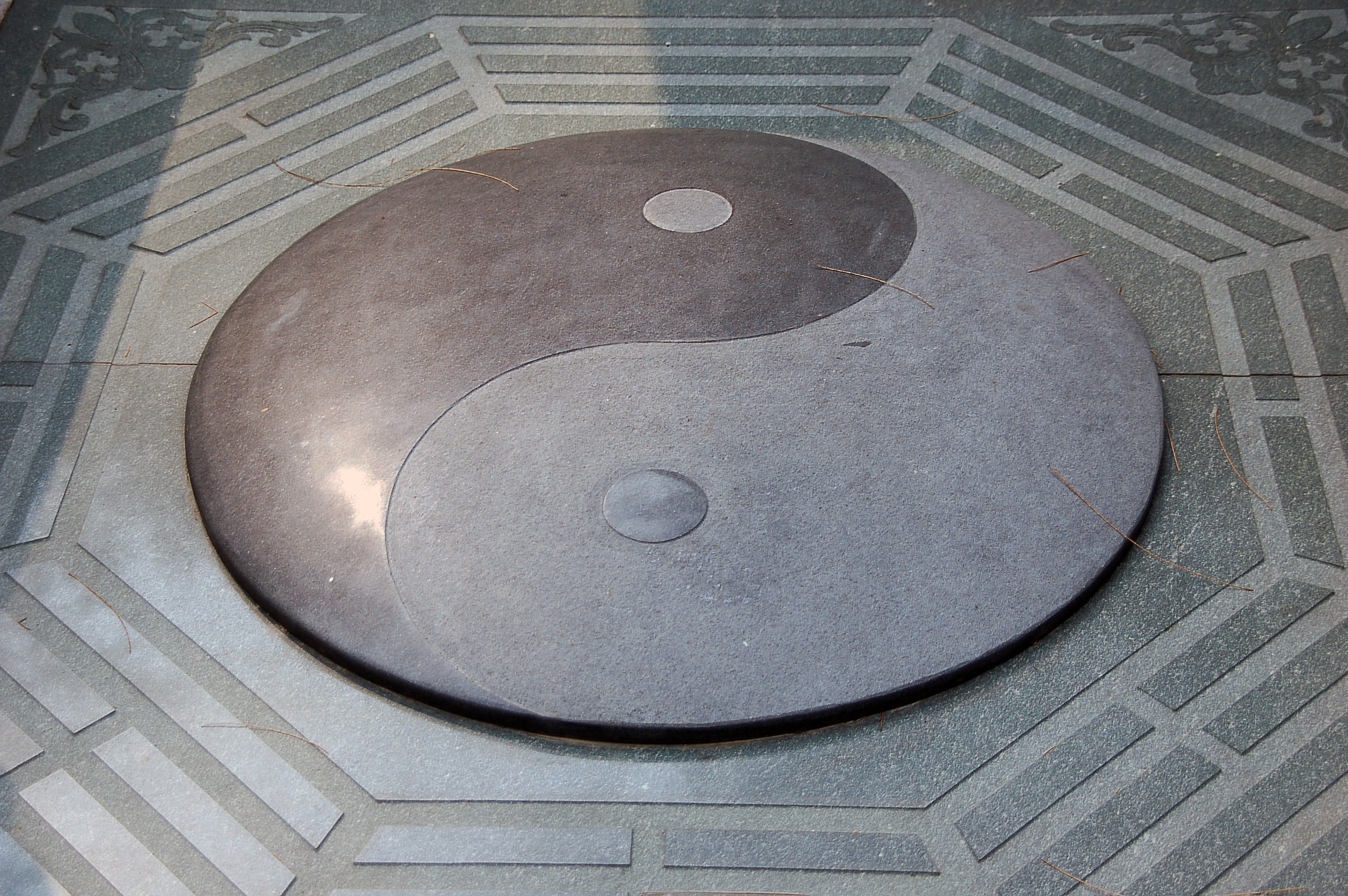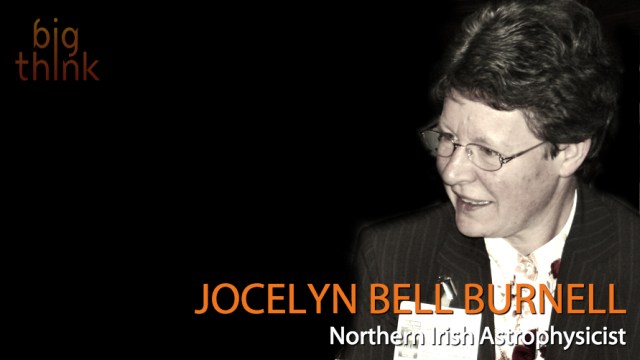Naive Anti-Nuclear Videos Demonstrate the Danger of Thinking with Our Hearts, Not Our Brains

Five environmental groups have just released a series of videos attacking nuclear power that demonstrate a disturbing and frightening truth, a truth that has nothing to do with nuclear energy. The videos make depressingly clear that our intellectual ability to think carefully and objectively about the enormous and complex threats we face is hogtied by powerful subconscious instincts that produce perceptions based far more on emotion than reason. The videos are a stark reminder that for all the rational firepower of the human brain, the subjective and instinctive aspects of human cognition pose serious limitations on our ability to figure out how to keep ourselves safe.
The videos were produced in part by more strident, absolutist environmental groups, including Greenpeace, Friends of the Earth, and the Sierra Club. These groups all advocate action to combat climate change, of course, including clean energy. But to them, nuclear power remains a technological bogeyman that any true back-to-nature environmentalist is simply expected to oppose. Opposition to nuclear energy remains an established belief of the tribe, to be unquestioningly accepted and supported as a demonstration of one’s loyalty to environmentalist values. Which is why a good many greens will cheer these videos, and uncritically accept what they say as true.
This instinct, to see the evidence the way our groups do, is ancient and powerful. We have evolved, as social animals, to depend on our tribes, the groups we identify with, for our very health and safety. It feels safe to go with what the group says, rather than think independently and take the risk of disagreeing with the group’s belief. That instinct for tribal loyalty may help us feel safe, but as these videos demonstrate, it can badly warp how we see the facts, and overwhelm our ability to keep an open mind and think about things carefully and objectively.
So to the established environmentalist anti-nuke, never mind that nuclear energy emits no carbon dioxide and produces vastly more clean energy than solar or wind. Never mind that we know from the terrible exposures to high levels of radiation of the survivors of the atomic bombs in Japan that nuclear radiation (from accidents, or nuclear waste) is not nearly as harmful as we were all taught to believe. Those exposures, orders of magnitude higher than anything from Chernobyl or Fukushima, increased the lifetime cancer death rate among those survivors by less than 1 percent! And nearly three generations later there have been no multi-generational genetic effects. (The Radiation Effects Research Foundation oversees this long-running epidemiological investigation.)
To a mind already made up to oppose nuclear power, never mind that while the cost to build these plants is indeed enormous, once they’re up and running they produce energy at a cost similar to other sources of energy, more reliably than fossil fuels, and certainly far more reliably than the wind that sometimes doesn’t blow and the sun which sometimes doesn’t shine.
If de-carbonizing our energy supply is the true goal and the real threat is climate change, nuclear makes sense as part of the solution, along with wind and solar, and hydropower, and energy conservation, and even technologies that can scrub carbon dioxide out of emissions from burning fossil fuels. Yet the videos unrelentingly demonize nuclear and butcher the truth while offering a naively sunny picture of solar and wind power, painting our energy future as an either/or choice between the two. Which is naïve… if the goal is truly de-carbonizing the production of electricity.
But the deeper goal of advocacy like this is not the issue per se. It’s advocacy for underlying values. It’s trying to get the world to work the way the advocates believe it should (which to many environmentalists means getting away from human-made technology run by big corporations and back to a smaller-scale, more natural way of living). Winning the fight over values is deeply important to our sense of safety because when society is operating by our values, our group — our tribe — is in charge. We are in control. And control makes us feel safe.
So on any given issue, we cherry-pick the facts, and contort the evidence, and set up easily blown-down straw men (nuclear IS expensive and prone to construction delays and cost overruns, but so are building mass transit systems and off-shore wind farms and other major environmentally beneficial construction projects), so our position on the specific matter-at-hand supports our tribe’s deeper values. Whether the issue is climate change, genetically modified food, abortion, gun control, or gay marriage, the real fight is not about how best to solve the problem. The real fight is over whose worldviews and values win.
Climate change is too big and complex a problem to sort through without open minds and objective careful analysis. So are many of the threats we face from the unsustainable way billions of humans are taking too much too fast from the biosphere and dumping too much garbage and poison back in. We can’t effectively attack these wicked problems with simplistic values-based thinking that closes our minds, just as we need our minds to be as open and thoughtful and flexible as possible.
The good news is that we do have the intellectual power to reason and consider and think carefully and objectively about what can keep us safe. Witness the growing number of avowed environmentalists who realize that the larger threat by far is climate change, and accept that it’s time to move past old-school reflexive opposition to nuclear energy.
The bad news is that our powers of reason are seriously constrained by powerful instincts that evolved to aid our safety and survival, instincts that close our minds to an unbiased view of the evidence in the name of tribal loyalty and cohesion. Unless we can overcome those ancient instincts, our ability to think critically and figure out solutions to the massive and complex threats we face will be seriously limited. As these naïve anti-nuclear videos disturbingly demonstrate, overcoming those instincts may simply not be possible for some of us.
Image from Wikipedia





